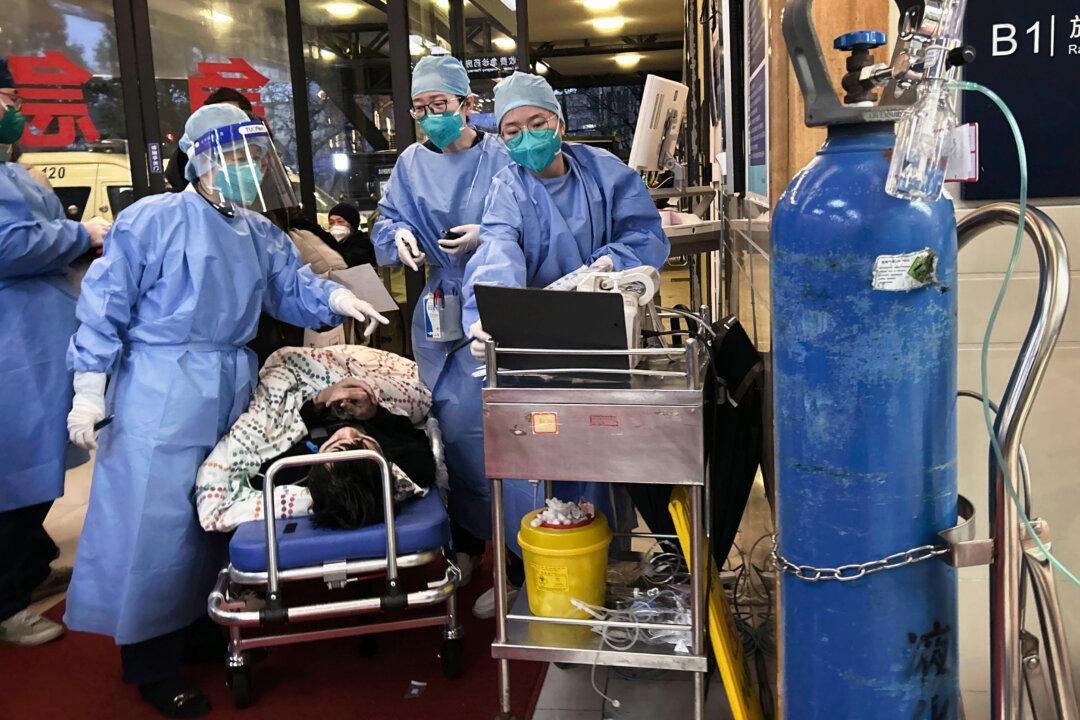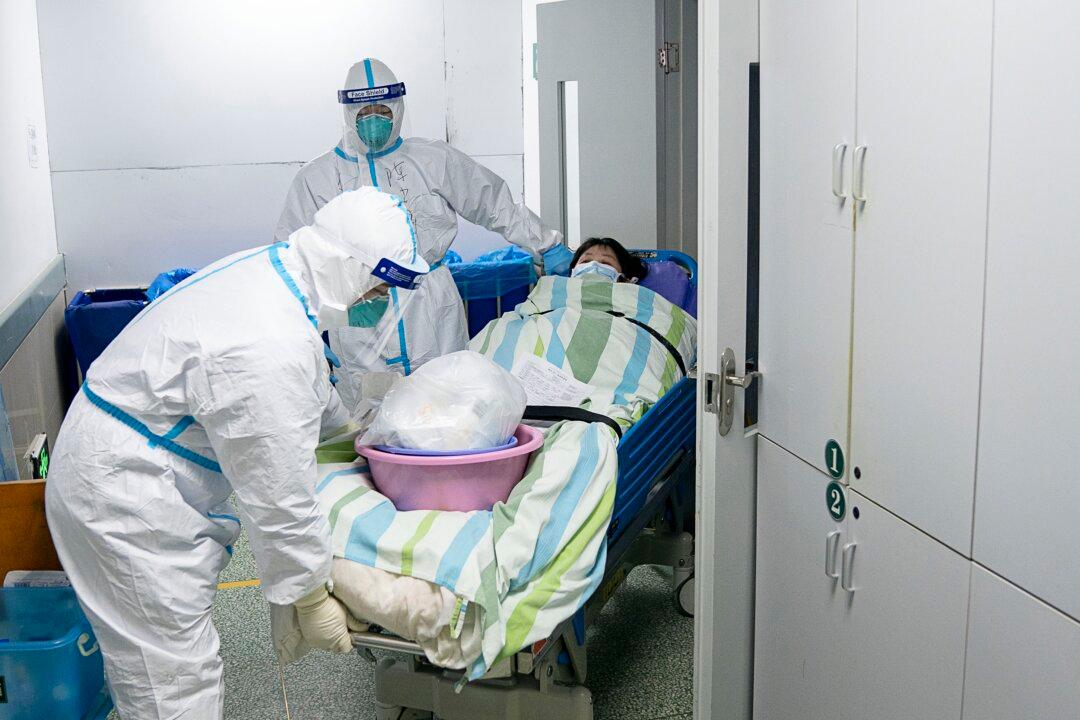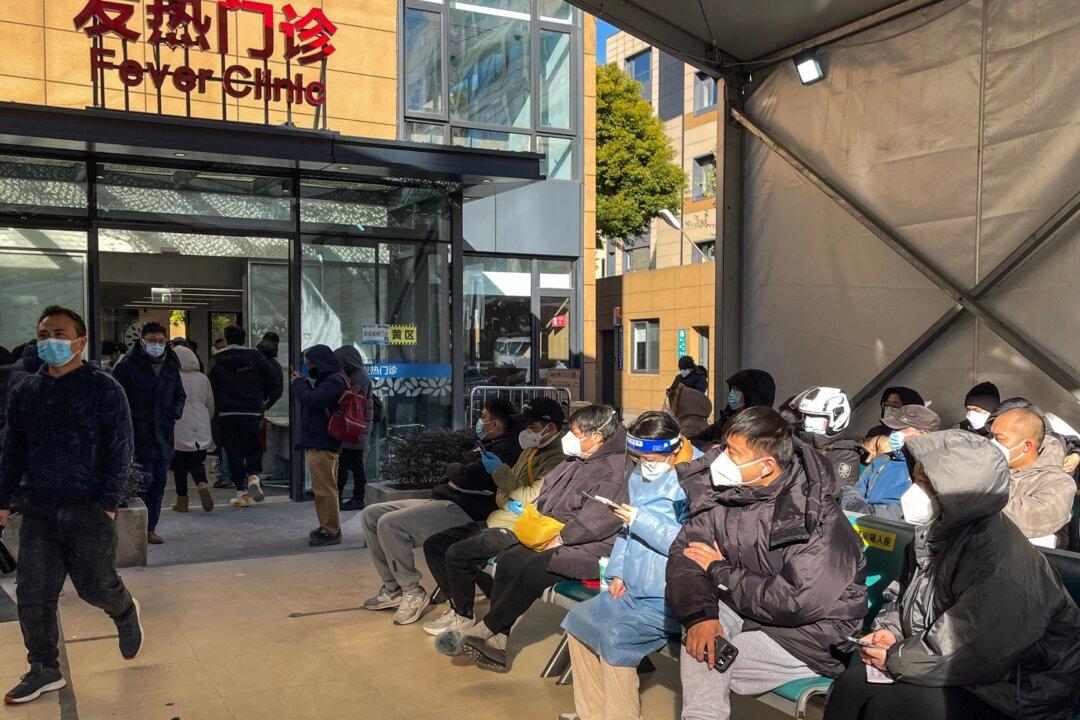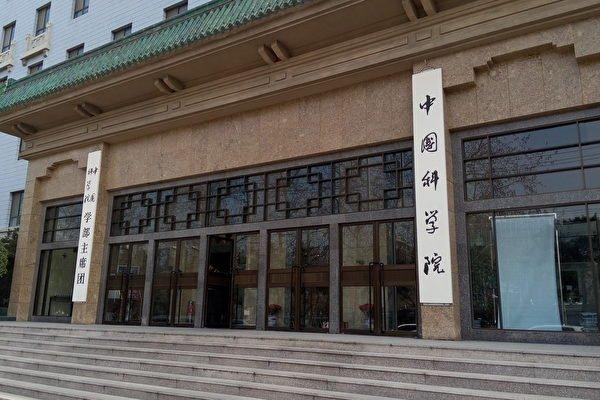China reported the deaths of at least one national-level official, two deputy national-level officials, and 83 provincial or ministerial-level officials in 2023.
Among the deaths were former Premier Li Keqiang, age 68, Standing Committee Member of the Chongqing Municipal Party Committee Zhang Hongxing, age 55, and former Vice Chairman of Guangxi Province CPPCC Yan Zhaojun, age 59.





